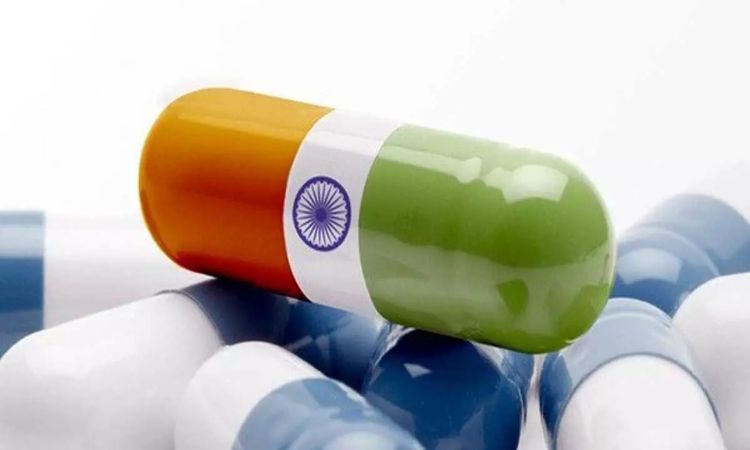For over a decade, the pharmaceutical industry in India has faced growing concerns regarding the quality and safety of its medicines, both domestically and internationally. This issue is particularly alarming as India’s pharmaceutical sector is a significant contributor to the country’s economy and a major supplier of generic medicines to the global market. In this article, we will delve into the pressing need for improved regulatory standards and enhanced accountability within India’s pharmaceutical industry, emphasizing the detrimental consequences of substandard medicines on patients worldwide.

Questionable Practices and Tragic Consequences:
In recent years, investigations have revealed alarming instances where Indian-origin medicines were linked to multiple deaths in Africa and Central Asia. The US Food and Drug Administration (FDA) has also issued numerous notices to Indian pharmaceutical companies for negligence and deliberate disregard of warnings. These concerns extend to the quality of generics used by the US military, leading the Pentagon to independently test medicines intended for soldiers and their families. The repercussions of such doubts about Indian drugs are far-reaching, as pharmacies worldwide heavily rely on Indian-made generics. Import bans imposed by the FDA, such as the one on Intas Pharmaceuticals Ltd., disrupt access to essential medications, affecting millions of patients who rely on affordable alternatives to branded drugs.
Potential Economic Nationalism and Its Consequences:
The doubts surrounding Indian drugs may provide ammunition for economic nationalists in the US to push for domestic production of medicines, even those that can be manufactured elsewhere more cost-effectively. Such a shift would drive up prices and reduce the global supply of affordable generics, impacting patients worldwide. This situation demands a concerted effort to address the underlying issues and restore confidence in the quality of Indian pharmaceutical products.
Persistent Quality Concerns:
The problems within India’s pharmaceutical sector are not new. More than a decade ago, Ranbaxy Laboratories Ltd., a prominent player in the industry, had to recall its generic Lipitor due to glass contamination. This incident was followed by a series of revelations regarding the company’s compromised quality standards, leading to its eventual closure in 2014. Unfortunately, the situation has not improved significantly since then. While the limited FDA inspections during the COVID-19 pandemic have played a role, Indian regulators must take responsibility for their failure to uncover and address these issues proactively.
Strengthening Regulatory Oversight:
The fragmented nature of India’s pharmaceutical regulation system, with 36 different regulators across federal and state levels, creates opportunities for unscrupulous operators to exploit loopholes. To address this, consolidation of regulatory bodies is necessary, ensuring that inspection records and drug application reviews are transparent and accessible to the public. Moreover, implementing rigorous testing protocols for generics on par with those applied to new drugs will help restore trust in Indian pharmaceuticals.
Building Reputation and Trust:
It is imperative for India’s pharmaceutical sector to enhance its regulatory capacity and establish a reputation for transparency and quality. This requires comprehensive reforms, including streamlining the regulatory framework, strengthening oversight mechanisms, and investing in state capacity to ensure adherence to international standards. By doing so, India can uphold its role as the “pharmacy of the world” and safeguard the well-being of patients globally.
Conclusion:
India’s pharmaceutical sector faces a critical challenge in overcoming the persistent quality issues that have undermined its reputation. Urgent action is needed to consolidate regulatory bodies, increase transparency, and implement stringent quality control measures. By doing so, India can regain trust, protect patients, and maintain its position as a leading provider of affordable and reliable generic medicines globally. The pharmaceutical sector must seize the opportunity to prioritize patient safety, demonstrating a commitment to quality that will benefit both Indian citizens and customers around the world.















